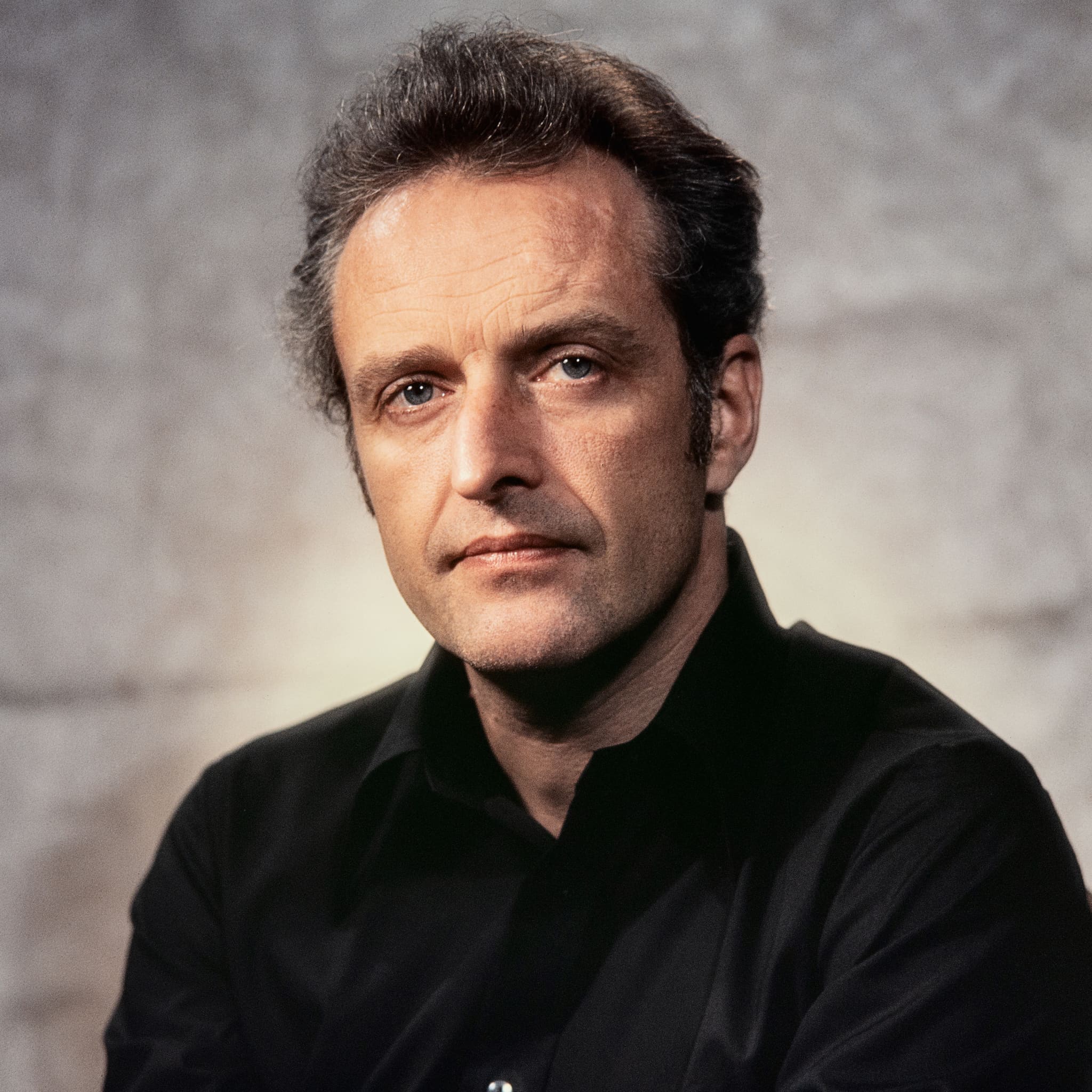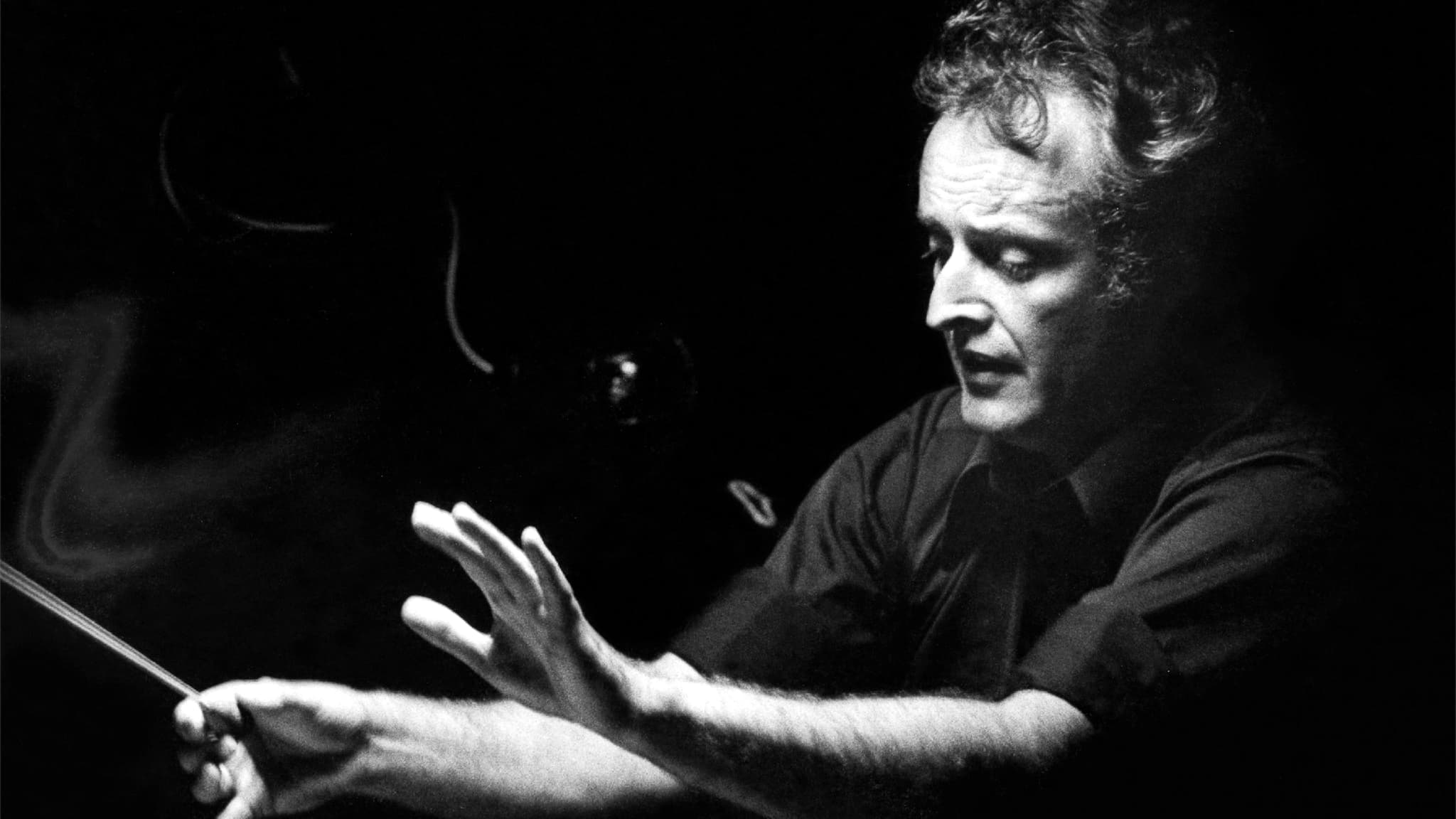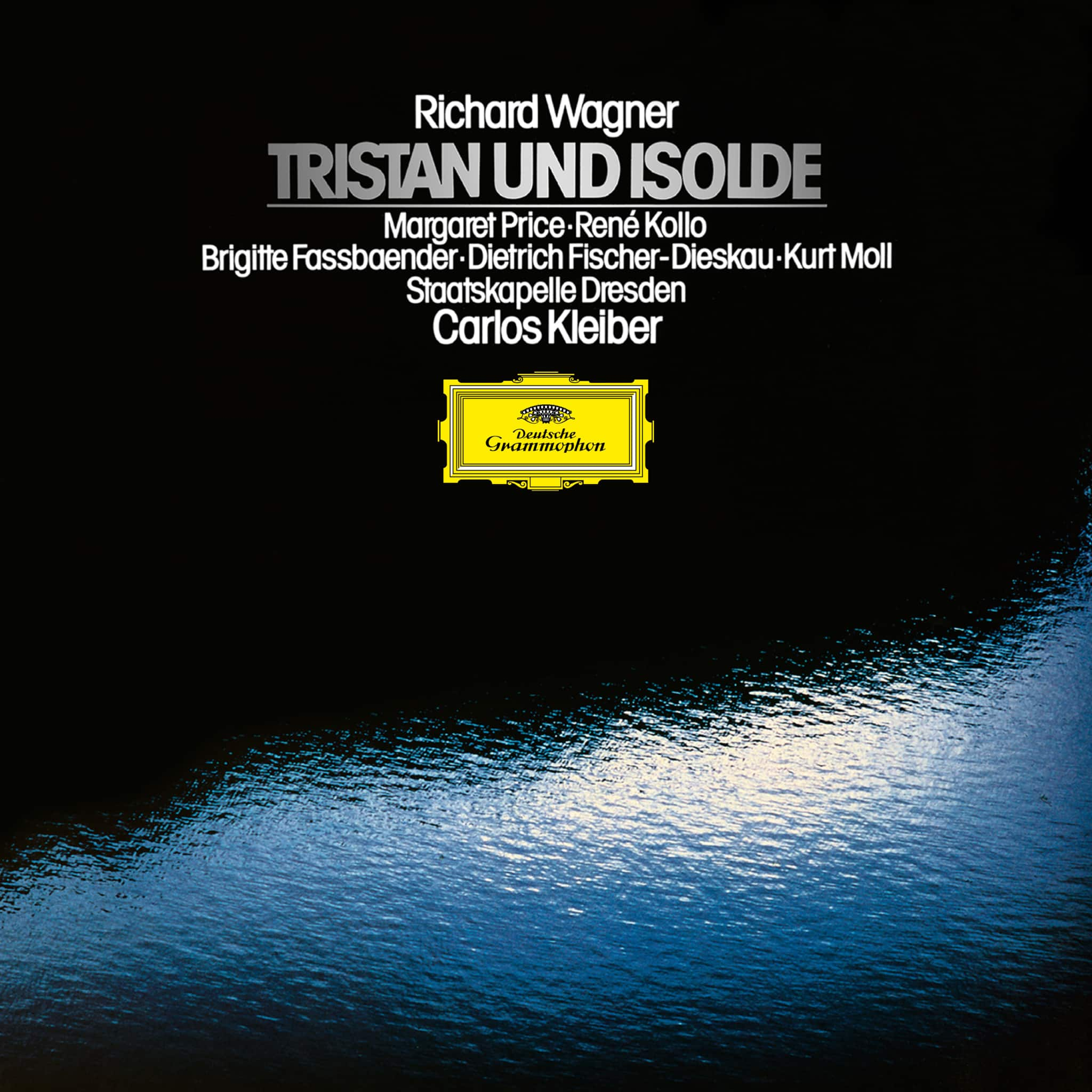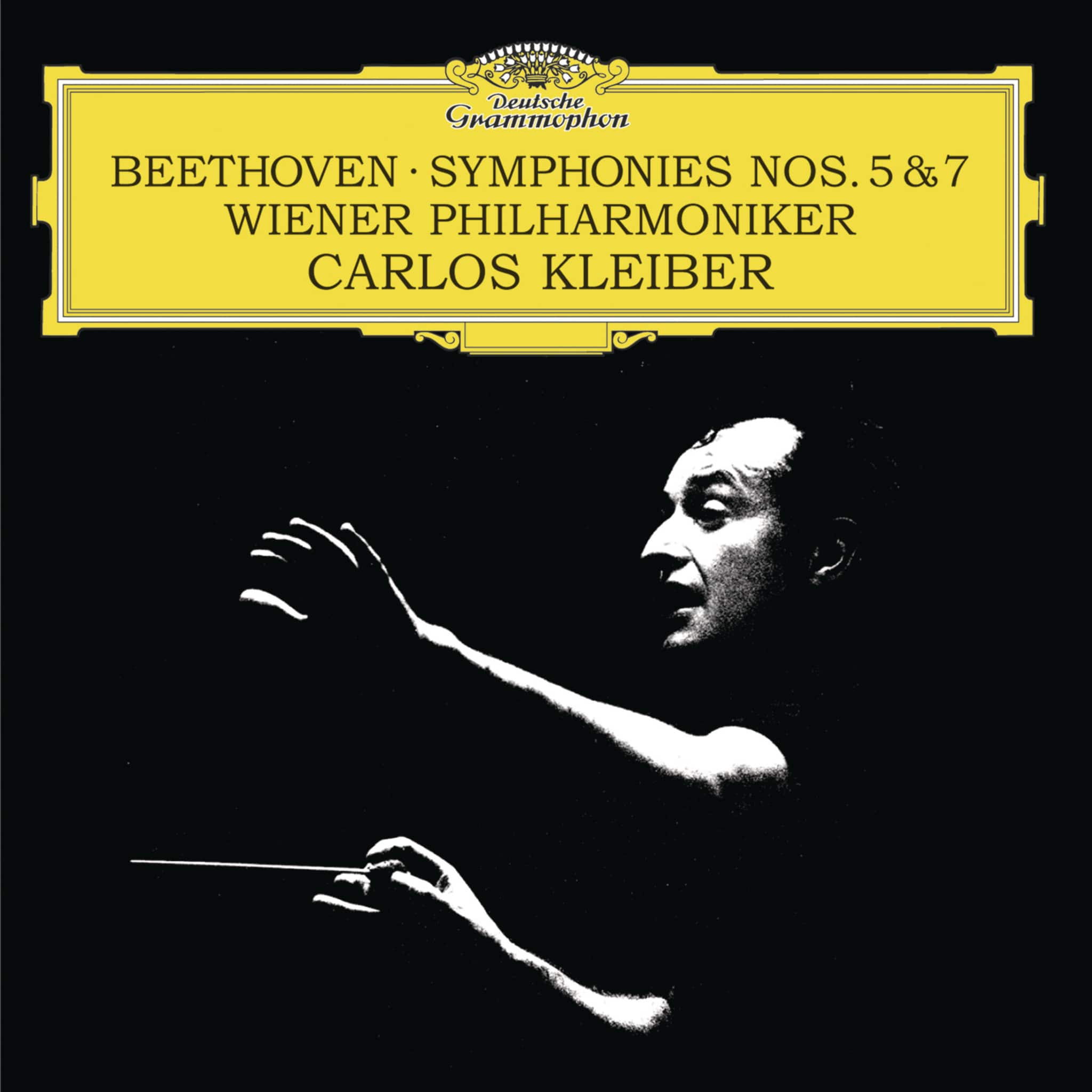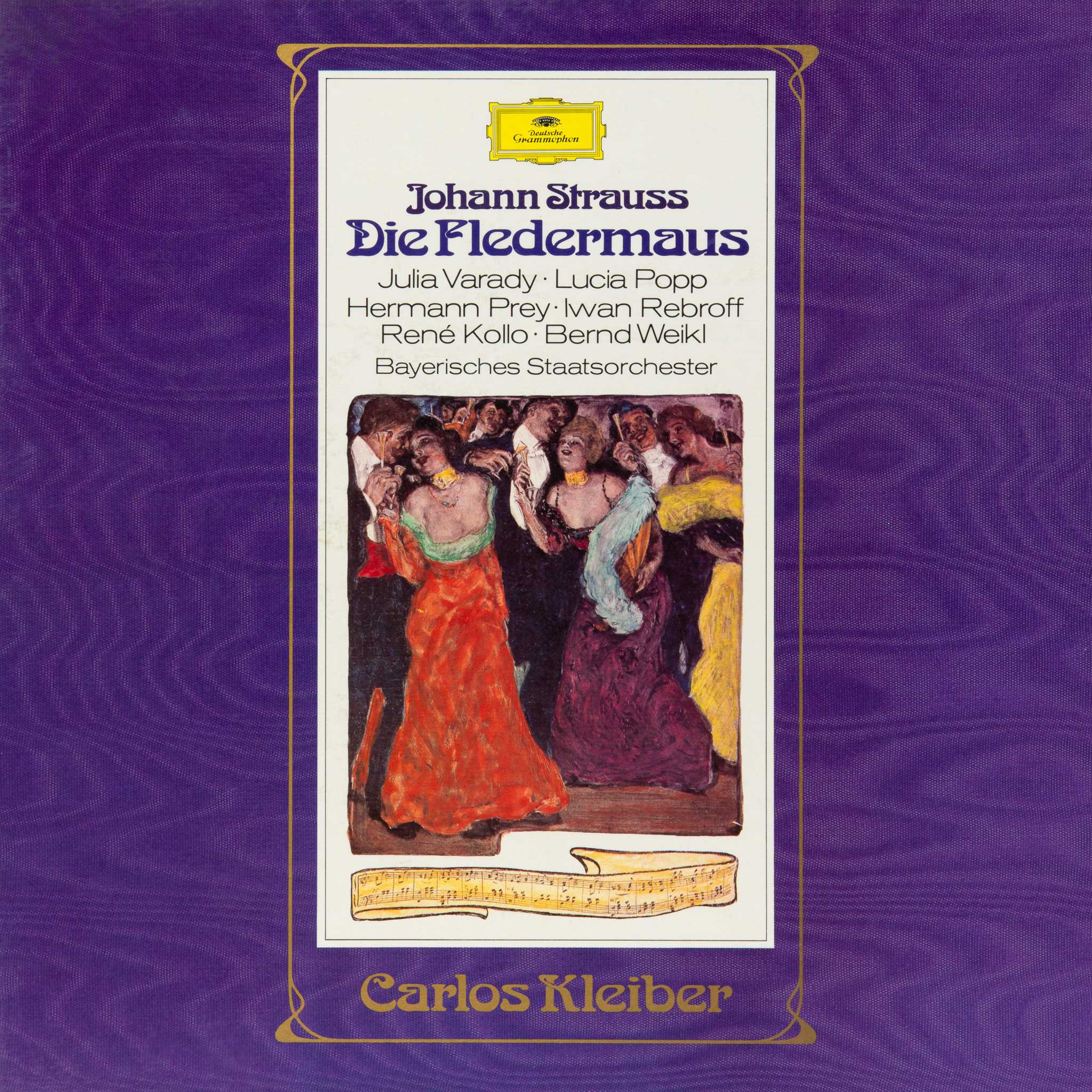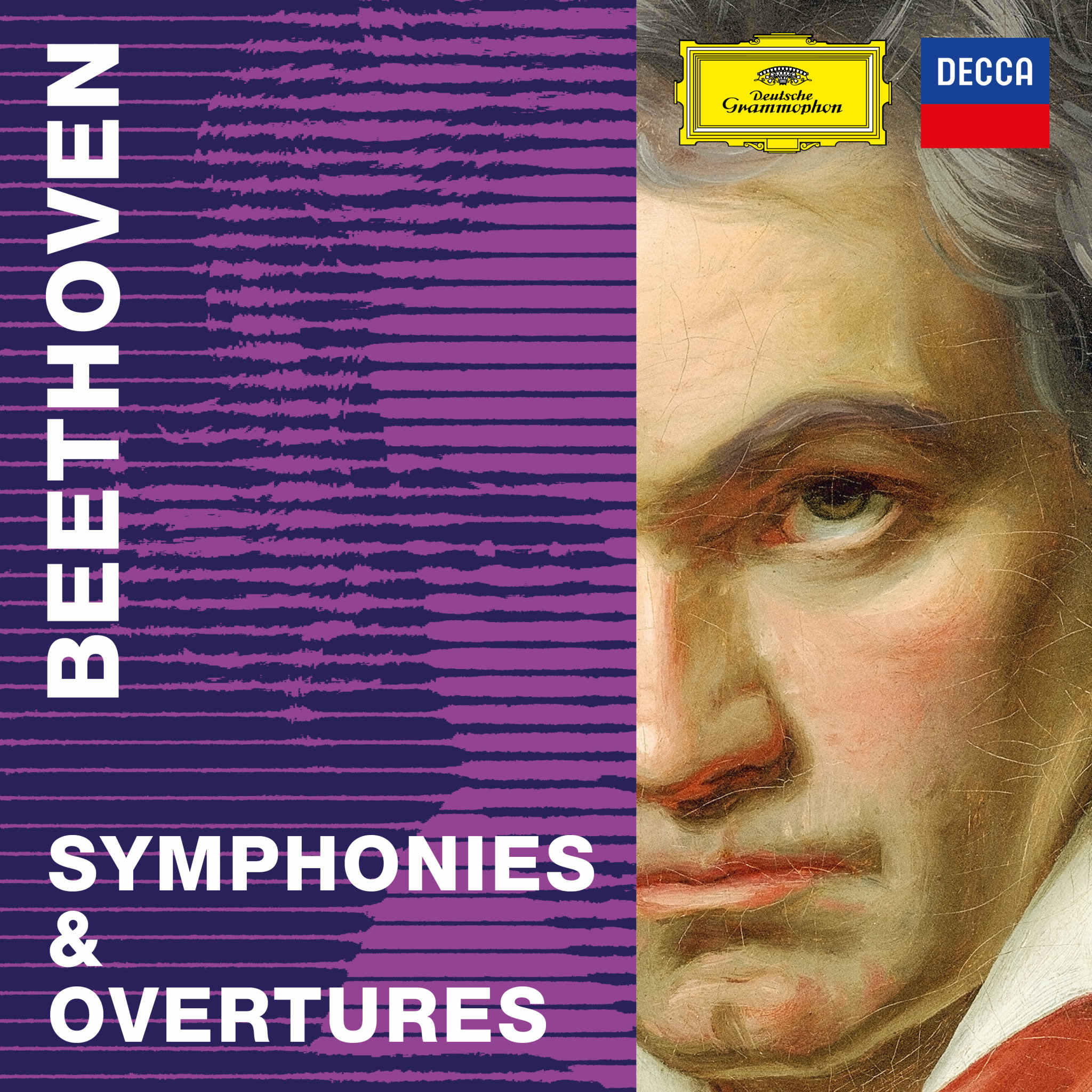Carlos Kleiber: Celebrating His Exceptional Musical Journey and Achievements
Carlos Kleiber (1930–2004) is recognized as one of the most talented conductors of the modern age. With his combined musical talent and a mystique that surrounds him, his performances are truly captivating. The son of Erich Kleiber (1890-1956), another highly respected conductor, Carlos made his mark in the musical world with his exceptional music-making abilities and private lifestyle.
Born in Berlin but raised in Argentina following his family's emigration in 1935, Carlos initially studied chemistry and law in Zurich before gravitating towards music. Despite his father’s initial discouragement, Carlos forged a path that would forever shape classical music performance.
Carlos Kleiber's Enthralling Performances and Highly-Recognized Recordings
After leaving his last permanent post as First Kapellmeister in Stuttgart in 1968, Kleiber preferred to conduct as a guest for select performances. He meticulously selected his repertoire, focusing on a core of only a handful of symphonic and operatic masterworks. His interpretations were renowned for their intensity, precision, and spontaneity. Avoiding media and interviews, Kleiber’s reclusive lifestyle only amplified the legend of his incandescent music-making.
His breathtaking recording of Beethoven's Fifth with the Vienna Philharmonic in 1974 marked a significant point in his career and to this day, it is considered one of the greatest recordings ever made. With the Vienna Philharmonic Orchestra, he also notably worked on Schubert's Third and Eighth Symphonies and Brahms' Fourth Symphony, all of which received great acclaim.
As an opera conductor, he was revered for his performances in Puccini's La bohème, Verdi's La traviata, Wagner's Tristan und Isolde, Richard Strauss' Der Rosenkavalier and Johann Strauss II's Die Fledermaus.
Explore the fascinating works of Carlos Kleiber with us and celebrate his extraordinary contributions to the world of music. His life, music, and legacy continue to inspire and thrill music enthusiasts all over the world.
